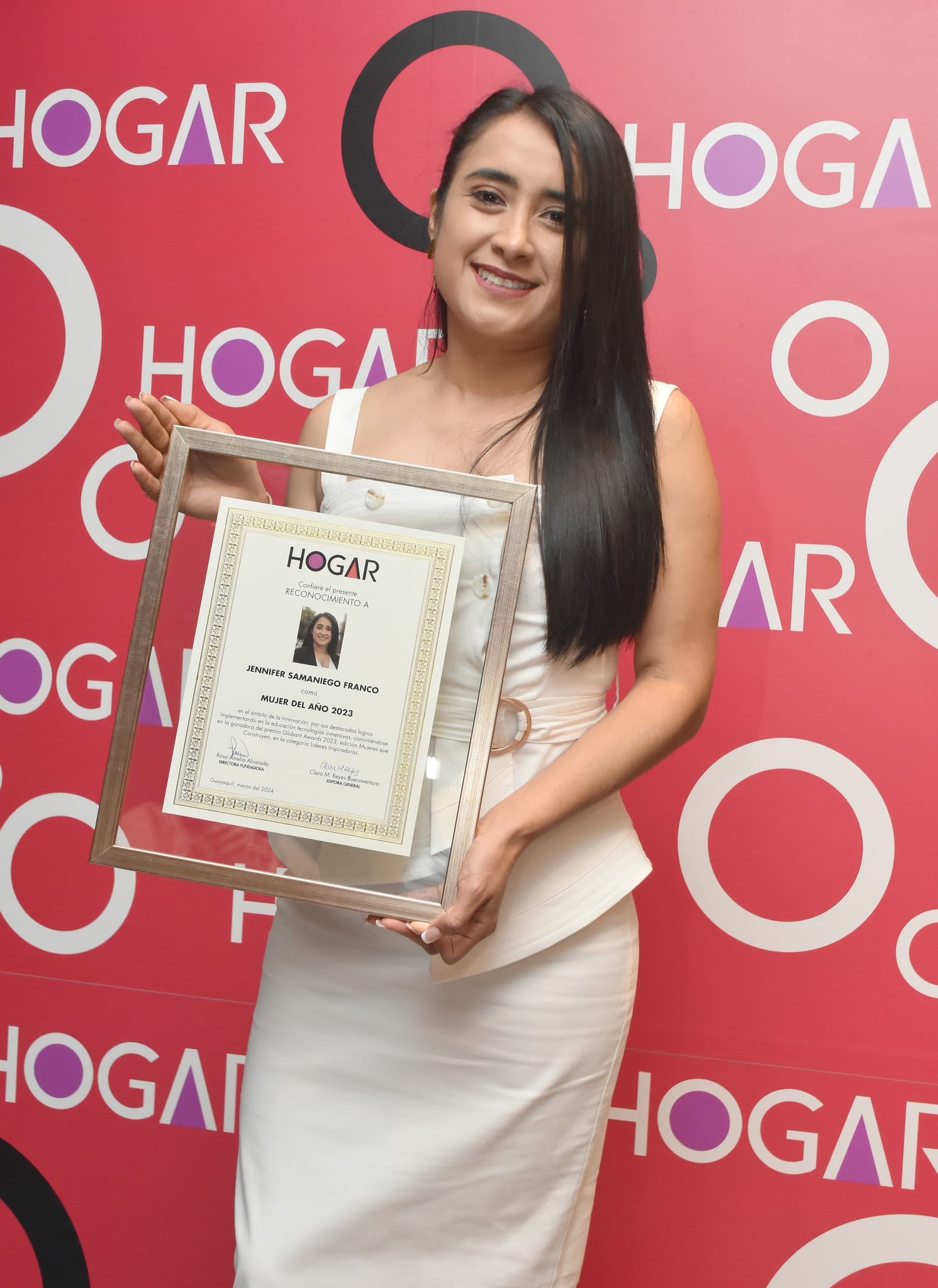On this year’s International Women’s Day, the United Nations chose technology as the main focus of action, highlighted with the following motto: “For an inclusive digital world: Innovation and technology for gender equality.” This attitude towards women and IT becomes especially urgent in regions like Latin America and the Caribbean, where the gender gap is preoccupying at best. We covered Latinas in technology a few times, but this time we wanted to look at our hermanas to the South.
According to the Economic Commission for Latin America and the Caribbean (CEPAL, for its English acronym), less than 40% of women graduate in science, technology, engineering, and mathematics (STEM), and only 18% specialize in information and communication technologies. This digital inequality is also noticeable in internet users in most Latin American countries, where 4 out of 10 women are not connected and/or cannot afford effective connectivity.
However, 5 Latinas are leaving their mark on this male-dominated world with key science and fintech ventures, demystifying STEMs and celebrating women in the digital world.
Blanca Treviño, a Mexican Latina for IT globalization
Blanca is the co-founder, current president and CEO of Softtek, a company that uses Generative AI as the cornerstone for their solutions and worldwide digital transformation.
A global tech scope is a dream she had from the time “entrepreneurship” wasn’t a popular concept. During the 70’s, she walked through the hallways of the Monterrey Institute of Technology and Higher Education, where she earned a bachelor’s degree in Administrative Computer Systems. Her good performance allowed her to get a job at an industrial group, but she soon realized how hard it was to be a woman in tech: for instance, her contract stipulated that she had to quit her job as soon as she married.
Thanks to her hard work and determination, she became the first Mexican entrepreneur to be inducted into the Women in Technology Hall of Fame. Today, she is also a part of the WITI Women in Technology Hall of Fame, which promotes female inclusion in STEM.

Adriana Noreña, Making Internet Accessible for All Colombians
This successful Latina from Colombia is the Vice President of Google for Latin America. Her journey began in a much different scenario, as a cosmetic salesperson, but she soon became interested in technology as a way of helping small businesses perform competitively in the market.
“I strongly believe in technology as an equalizer. It is democracy’s best friend, as it gives us the power to make decisions. Today every type of company, small, medium or large, can have the necessary resources to make it work thanks to technology,” said Noreña in an interview with Forbes.
After taking on leading roles in big companies, the opportunity arose to work in Google. However, she found out she was pregnant four days before accepting her position. Thankfully, her boss didn’t seem to mind, but her worries of rejection were understandable. In just 5 years, she made it all the way up to the top.
Lucía Policastro, A Nanobiotechnology Expert from Argentina
Lucía is a Ph.D. and Post Doctorate in Biological Sciences from the University of Buenos Aires, one of the most prestigious public universities in the Spanish-speaking world, and she’s an active researcher at CONICET, the National Council for Scientific and Technical Research. This expert is also the brains behind Plamic, a technological platform that develops nanomedicines via microchips to treat cancer patients.
“The most motivating thing about these developments we are doing is the social impact they can have, and that is the driving force behind our work,” Lucía told Ediciones VR.
Given the existing difficulty in producing this technology at a larger scale, not many patients can enjoy its many benefits, but that’s what the researchers at Plamic are focused on.
Jennifer Samaniego, Revolutionizing Education from Ecuador
Holding a degree in Information Systems and a Master’s in Data Science, Jennifer specializes in the use of immersive technologies as a way of helping students’ development. For more than five years, she has been working as an educational innovation analyst at the Universidad Técnica Particular de Loja, where she led a project of virtual autopsies. Even though she started dreaming about corpses, her efforts paid off when she saw how many students took advantage of high-quality remote classes. Before her platform appeared, the teacher was forced to make drawings to illustrate the different aspects involved in autopsies.
As another woman in the technology sector, she is fully aware of the challenges female workers with kids face when trying to find a reasonable work-life balance that doesn’t interfere with their work.
"Women are strong and having a reliable support network is fundamental to be able to successfully face the roles of mother and professional,” she told BBC Mundo.

Marcela Ruíz, A Chilean Latina in Love with The Ocean
Marcela is a Marine Biologist from the Austral University of Chile and holds a Master’s degree in Strategic Management and Project Evaluation. With experience in strategic management and productive development, she is currently the face of Acústica Marina, a women-led hydroacoustic technology company that monitors ocean sounds and their effects in wildlife.
The concept of noise pollution is widely known by everyone who lives in a big city, but Marcela takes this idea one step further when claiming oceans suffer from this type of contamination as well.
“We should be concerned because, among other things, it masks the biological sounds that many species use to communicate, as is the case of cetaceans, one of the most studied groups in this aspect, but it also affects smaller fauna such as marine invertebrates. If the fauna is not healthy, the health of the seas and oceans is endangered, and therefore, in the medium and long term, so is ours,” said the expert in an interview with Acústica Marina.
It is thanks to female scientists like these that the technology sector is becoming more and more inclusive for women around the globe, motivating young girls to follow the path of science, technology, and STEM careers, especially when it comes to Latinas.
Are you doing something to eradicate the gender tech gap? Good, because we need all hands on deck to make a more inclusive and equal world for women!

